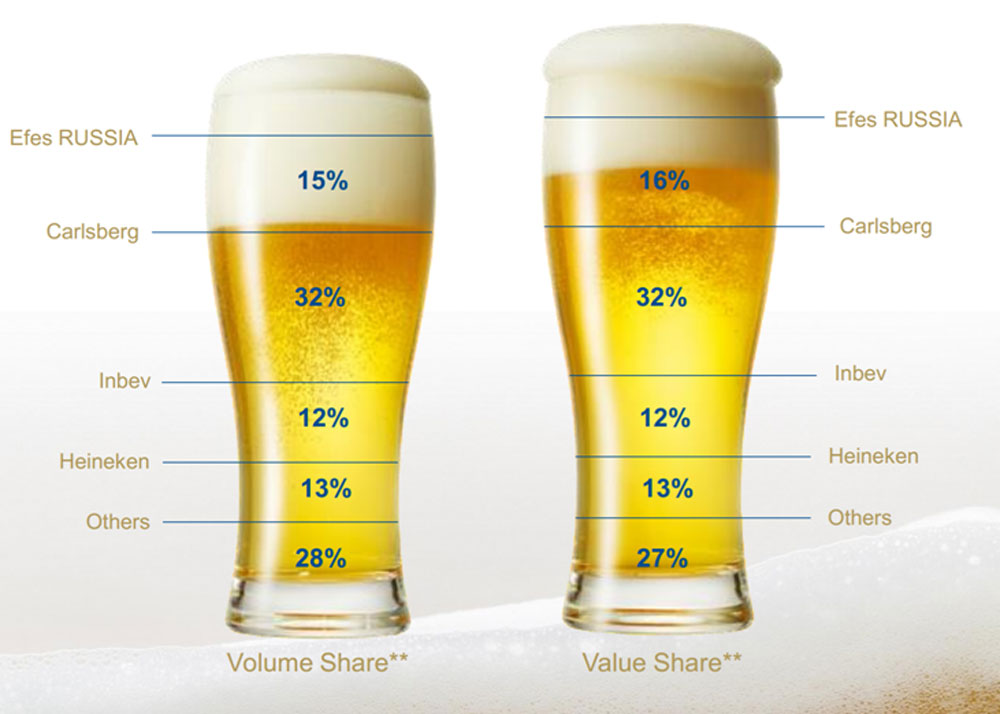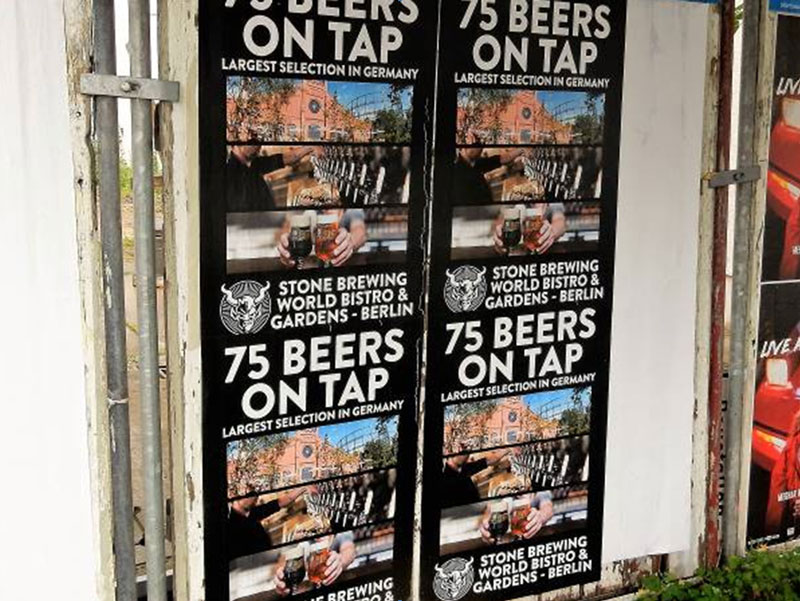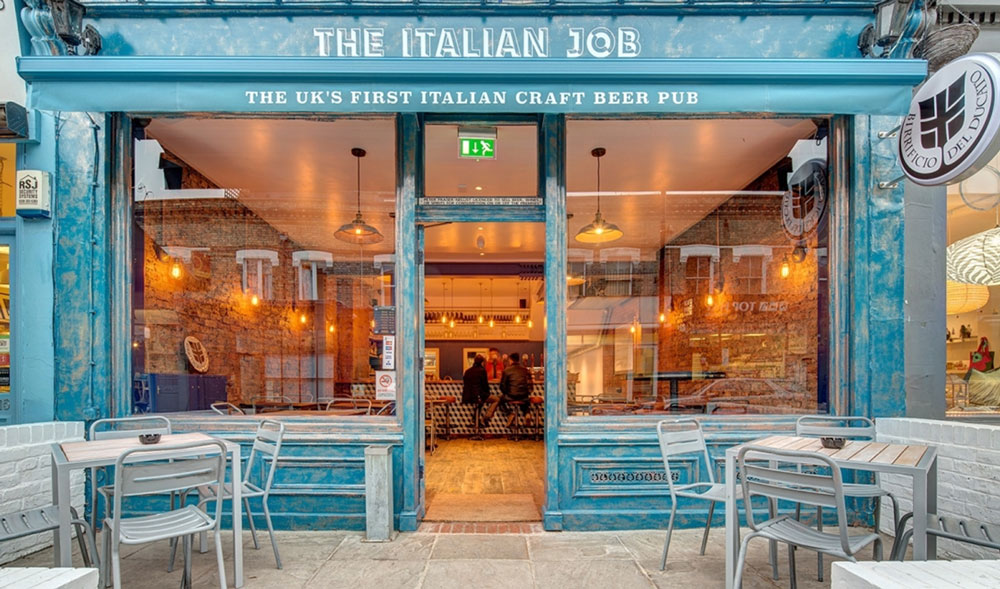Heineken’s takeover of pub group Punch Taverns will not face an in-depth competition probe after the brewer offered to sell pubs to address concerns.
Winegrowers and craft brewers use similar technologies and packaging, think in terms of smallish quantities, and like filling their products in elegant bottles.
What took them so long to see the light? Negotiations must have dragged on a bit because only on 9 August 2017 brewers AB-InBev and Turkey’s Anadolu Efes announced they have agreed to merge their operations in Russia and Ukraine in an attempt to strengthen their positions in those declining markets.
Why would a US craft brewer invest USD 25 million in a brewery in Berlin? Good question. In an interview with the Rochester Democrat and Chronicle, published on 18 July 2017, Greg Koch explains why.
It was just as well that in the momentous year 2016, when SABMiller finally disappeared in AB-InBev’s embrace and the world’s major brewer snapped up a string of craft breweries, the Austrian beer writer Conrad Seidl and the market researcher Werner Beutelmeyer got together again and did a market survey among beer industry stakeholders in Germany, Austria and Switzerland to find out what the industry thinks.
For over a year there has been a persistent rumour that Carlsberg, in tow with Brooklyn Brewery, would establish some sort of presence in the Baltic country of Lithuania. On 11 July 2017 Carlsberg confirmed that it will invest about EUR five million (USD 5.7 million) in a line of new exclusive beers in Klaipeda, home of its Svyturys brewery.
Carlsberg’s executives probably think they made a bargain when they snapped up the London Fields, which has been up for sale since its founder was charged with tax fraud, cheating the taxman out of more than GBP 700,000 (USD 914,000).
Market research seems to suggest that to many drinkers the company behind the pint does not matter. However, the Society of Independent Brewers (Siba) begs to differ. The usually good-natured trade body for Britain’s smaller brewers “has turned from mild to bitter”, writes the Guardian newspaper on 11 July 2017, following Carlsberg’s takeover of the London Fields brewery.
Funny that they kept quiet over this transaction for more than six months. Only in early July 2017 did the family-owned brewer Duvel Moortgat admit to have taken a 35 percent stake in the Italian craft brewer Birrificio del Ducato, although the deal was already clinched in December 2016. No financial details were provided.
No wonder they could buy all those breweries: Duvel Moortgat set record results in 2016. Its turnover exceeded EUR 400 million for the first time. Since it left the stock exchange in 2013, the company’s turnover and profits more than doubled, media reported at the end of June 2017.




